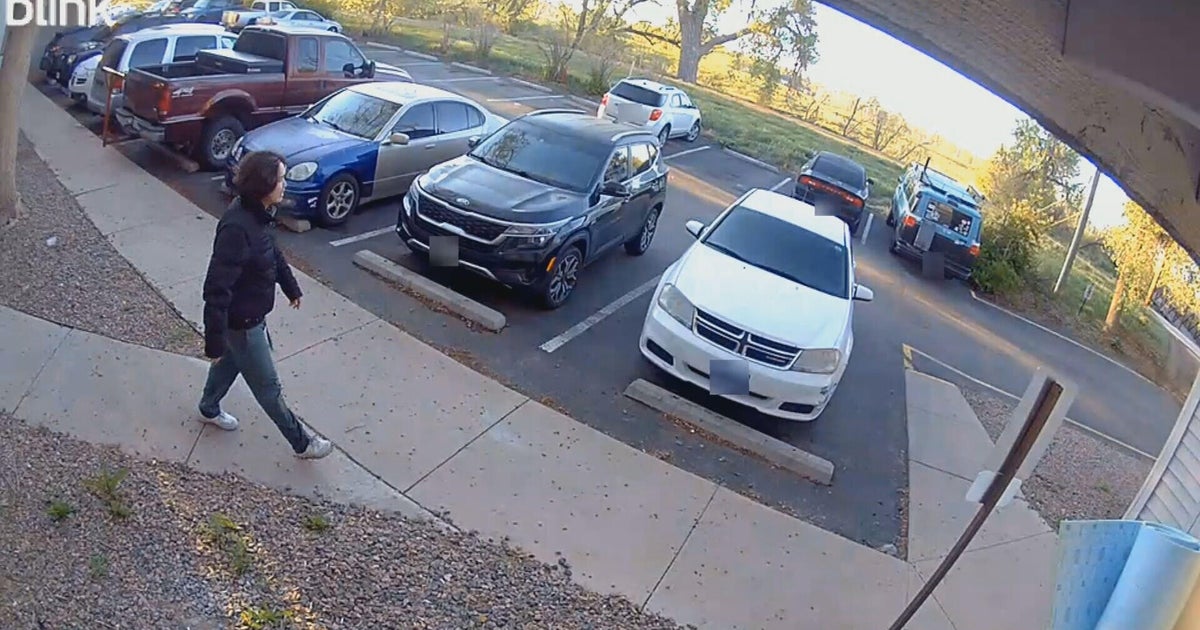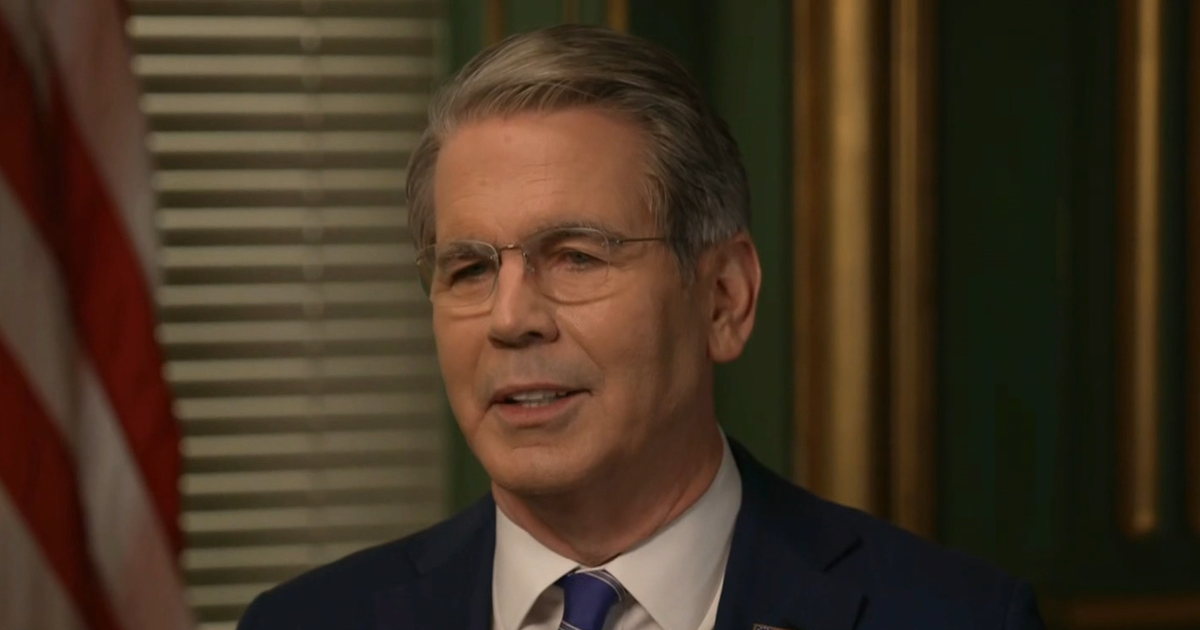"I hope your family dies": Lawmakers worry for their safety as violent threats surge
Congresswoman Debbie Dingell receives several threatening calls every week.
A sample voicemail: "I hope your family dies in front of you. I pray to God if you have any children they die in your face."
The threats ramped up after then-President Donald Trump verbally attacked her and her late husband John at a campaign rally in December 2019, the Michigan Democrat said.
"He made very public comments about John looking up from hell. And I was just stunned by it," Dingell said.
It's not only verbal abuse.
"I had men in front of my house with assault weapons after [Fox News host] Tucker Carlson had done a rant on me," she said.
In November, her Dearborn office was vandalized.
The threats have had an impact on her and she worries that speaking out about it could make her more of a target. Other lawmakers declined to speak with CBS News because they didn't want to normalize the violent threats.
"I'm trying not to let it get to me," Dingell said. "But it doesn't mean that some nights when you're home and alone and you don't have the husband you love anymore, you don't get scared."
A year after the January 6 riot, the Capitol Police says the threats to lawmakers are at an all-time high. Roughly 9,600 threats were referred to the agency in 2021, about 100 more than in 2020.
CBS News obtained more than a dozen voicemails targeting lawmakers of both parties.
"Schiff. Shifty Schiff … I will but a bullet in your f***ing forehead," one directed at California Democrat Adam Schiff said.
Michigan Republican Fred Upton received one calling him a "f***ing piece of s*** traitor." " I hope you die. I hope everybody in your f***cking family dies," the voicemail said.
The brother of New York Democrat Hakeem Jeffries was threatened by a California man claiming to be "armed and nearby."
New York Republican Tom Reed had a dead rat with a noose around its neck left on his doorstep.
"Hey, Cynthia dumb a**," said a voicemail left for Senator Cynthia Lummis, a Wyoming Republican, after she voted against impeaching Trump. "You f***ing committed treason. You f***ing committed sedition. And I will f***ing kill you. I will. I will f***ing kill you."
The man who left the voicemail for Lummis is now serving 18 months in prison, after pleading guilty to four counts of making threats with the intent to harm.
Psychologist Mario Scalora, who has worked for the Capitol Police for more than 20 years and analyzes threats against lawmakers, said the current environment worries him. The rise in threats is a direct reflection of the current political discourse, he said.
"We're seeing more people out there putting out more threatening rhetoric. We're seeing more people out there justifying violence in their rhetoric," Scalora told CBS News. "This is the most concern I've ever had in 20 years."
"We're being stretched. Let's be blunt. We're being stretched. We're keeping up, but this is not an ideal situation," he added.
Capitol Police flagged about 460 threats against lawmakers' lives last year.
Capitol Police chief Tom Manger said keeping up with the threats is challenging. The risk to lawmakers is "higher than it should be," he told CBS News.
Threats against lawmakers rise when members of Congress take rhetorical aim at colleagues, according to Scalora. After Colorado Republican Lauren Boebert likened Minnesota Democrat Ilhan Omar to a suicide bomber, both received threats.
"You're a f***ing traitor. You will not live much longer, b***h, I can almost guarantee you that," said a voicemail left for Omar.
Manger said those are types of threats they see on a daily basis.
"At a moment's notice, something could happen that we're not anticipating," he said.
The Capitol Police is now looking to investigate more of those threats itself and rely less on other agencies. Manger's intelligence unit has doubled the number of analysts available to monitor the threat landscape, especially online. The department is also looking to add 280 new officers this year and is opening field offices in California and Florida to investigate these threats more efficiently.
Dingell said voters need to hold politicians accountable for their tone at the polls if the country is going to change course.
"We all need to think about what we're saying to each other, what we're doing to each other," she said. "Who I really worry about is the kids, the young people in our office who believe in public service, who believe in our democracy, who are frequently the ones that hear those messages first before we do."






